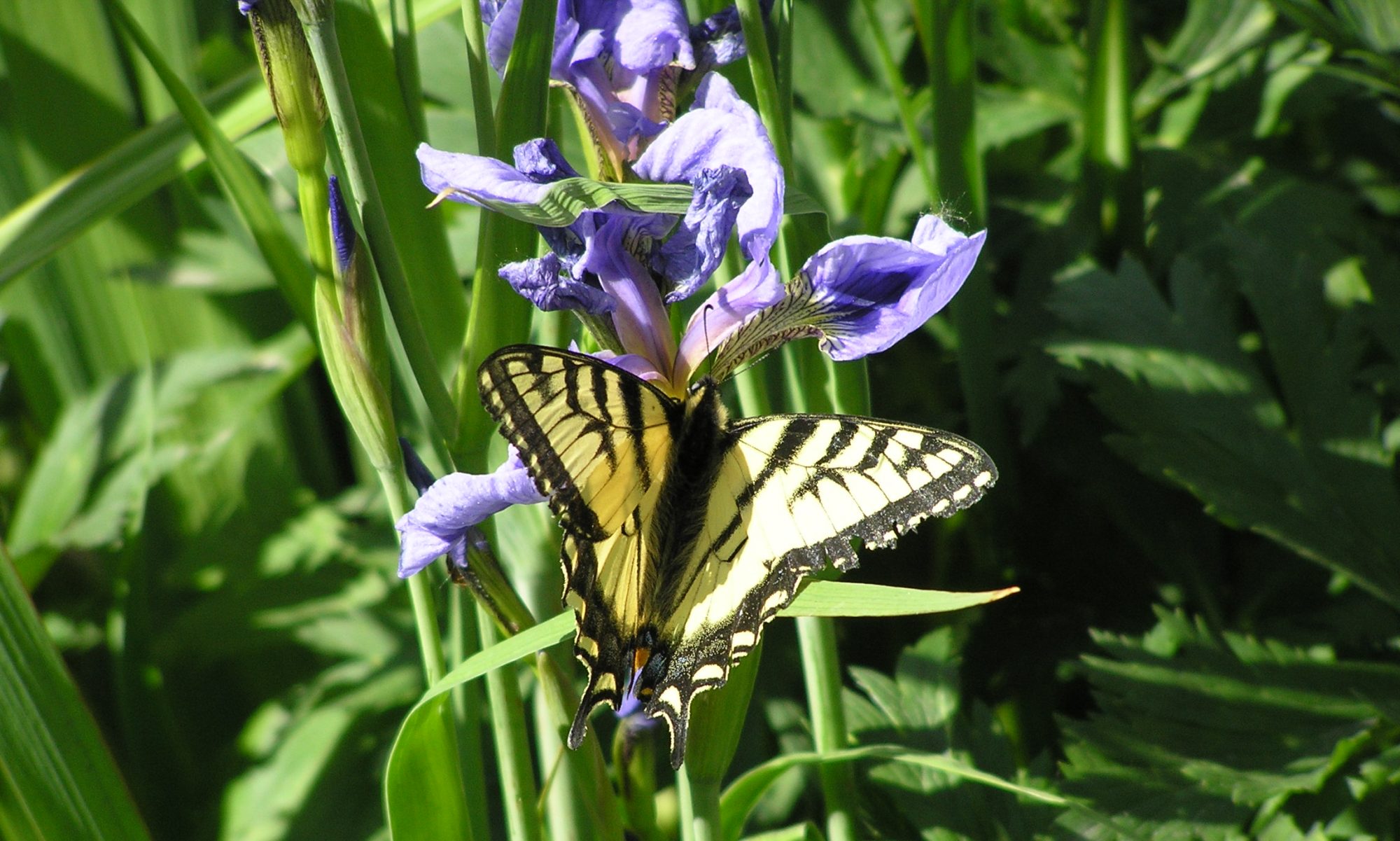As I observe all the problems surrounding State governance and the budget, it has become clear to me that this is absolutely the time to emphasize the development potentials of the Rural Development (RD) Program. The State and its leadership need help and the RD program and its students are uniquely positioned to provide some of that assistance.
While there is no doubt that the Governor’s cuts to the budget are draconian and unworkable, this does not remove the reality that the State is in financial trouble. The time has come when everyone will have to pull together to address the budget shortfalls. Alaskans will have to accept that taxation is a part of modern life. We will have to reduce dependency on transfer payments and find ways to increase community and individual self-sufficiency. And, most of all, we must diversify our economy while at the same time retaining control over it.
Economy is crucial, and development strengthens local economies if it is done right. We can have positive development, but only if we get behind it and make it work. If we sit and wait for “development’ in the form of large private resource extraction projects, then we can expect to be harmed, but it does not have to be that way. Consider this: those mega-scale development projects that so many people do not like, gain traction in small communities because they promise jobs. But what if people in those communities already had jobs and decent incomes because other more modest development projects were already in place? Would there still be support for the mega-projects?
Nowhere is the need for a stronger and more diverse economy obvious than in Alaska’s Native villages. In these tribal communities, unemployment is the highest in the state, with numbers as high as 24% in the Kusilvak census area in 2017.[1] Not only are unemployment and “under-employment’ unacceptably high, but in addition a disproportionately high number of jobs are in “government.’[2] There is nothing inherently wrong with a government job but the problem here is that very few of Alaska’s tribal governments are self-supporting. They have no land bases to develop, no revenue sources from taxes and licensing, and almost all of their funding comes from the federal or state governments. If too large a proportion of the community is employed by a government that depends on another government for its revenue, that employment is not very stable. We must come up with ways to make village economies more diverse and self-sustaining.
Diversification of the Alaskan economy provides all kinds of avenues for Rural Development students, and the program should be a natural home for rural residents who care about the long term future of their communities. Now is the time to pursue partnership with entities outside of the university like tribes, ANCSA Corporations (ANCs) and private entrepreneurs that can fund student projects and research, and help students get involved in work that will produce meaningful sustainable economic development in their communities. Now is the time to encourage student interest in the economic and financial aspects of development, and explore ways to have development that is both a good cultural fit and something that produces positive change. If we miss this opportunity we will be selling both the students and the communities that we serve short.
All manner of development challenges and projects exist out there, both those we want to promote and those we want to prevent. Let’s focus on those we want to promote first because if we do this, we may find that doing so takes care of the prevention piece for us. How can we think outside the box and come up with ways to increase village sustainability. How can we grow local economies and prevent disasters like communities running out of water. How can we work with migration and make it work as a positive rather than a negative. How do we use local resources in a truly sustainable manner without depletion and cultural offence?
We cannot expect the State, under the current administration to do any of this for us. Likewise, the current federal administration is not one that understands phrases like “local control’ “sustainable uses’ or “culturally appropriate’ very well at all. What we can expect from them are developments we do not like if we sit back and do nothing. If we allow those schooled in traditional western business practices to take the lead, then we should expect to see a continuation of the colonial extraction-based model that has brought us to where we are today. Only when we begin to actively implement changes in how business is done, will we start to see long-term local improvements.
Development is going to come to rural Alaska regardless of whether people want it. That is simply a part of ongoing human change. There are plenty of aspects of development that improve the quality of life for residents, like newly paved roads in Elim[3] or battery storage projects in Kwethluk and Kongiganak.[4] Development has many faces and variations, and many benefits if it is done with the involvement of local communities. But that involvement is critical: if we are not involved we will not get what we want.
Rural Development graduates can put “boots on the ground’ in Alaska Native and rural communities to help guide developments and make sure they are place based and appropriately sized for each location. They can and must plan for the future growth of their communities and implement projects that will contribute to economic stability and independence from state and federal funding. They can build the bridges that are needed between tribes and ANCSA Corporations (ANCs), and they can develop relationships with private entrepreneurs who are willing and able to contribute positive investment in their communities. These graduates are vitally important to the future of Alaska Native and rural communities!
[1] https://labor.alaska.gov/trends/sep17.pdf
[2] https://live.laborstats.alaska.gov/alari/details.cfm?yr=2016&dst=01&dst=03&dst=04&dst=06&dst=07&r=3&b=29&p=20
[3] https://www.knom.org/wp/blog/2019/08/21/elim-residents-ride-on-new-roads-kawerak-says-theyll-improve-quality-of-life/
[4] https://www.alaskapublic.org/2019/09/04/kwethluk-gets-new-battery-storage-project/
